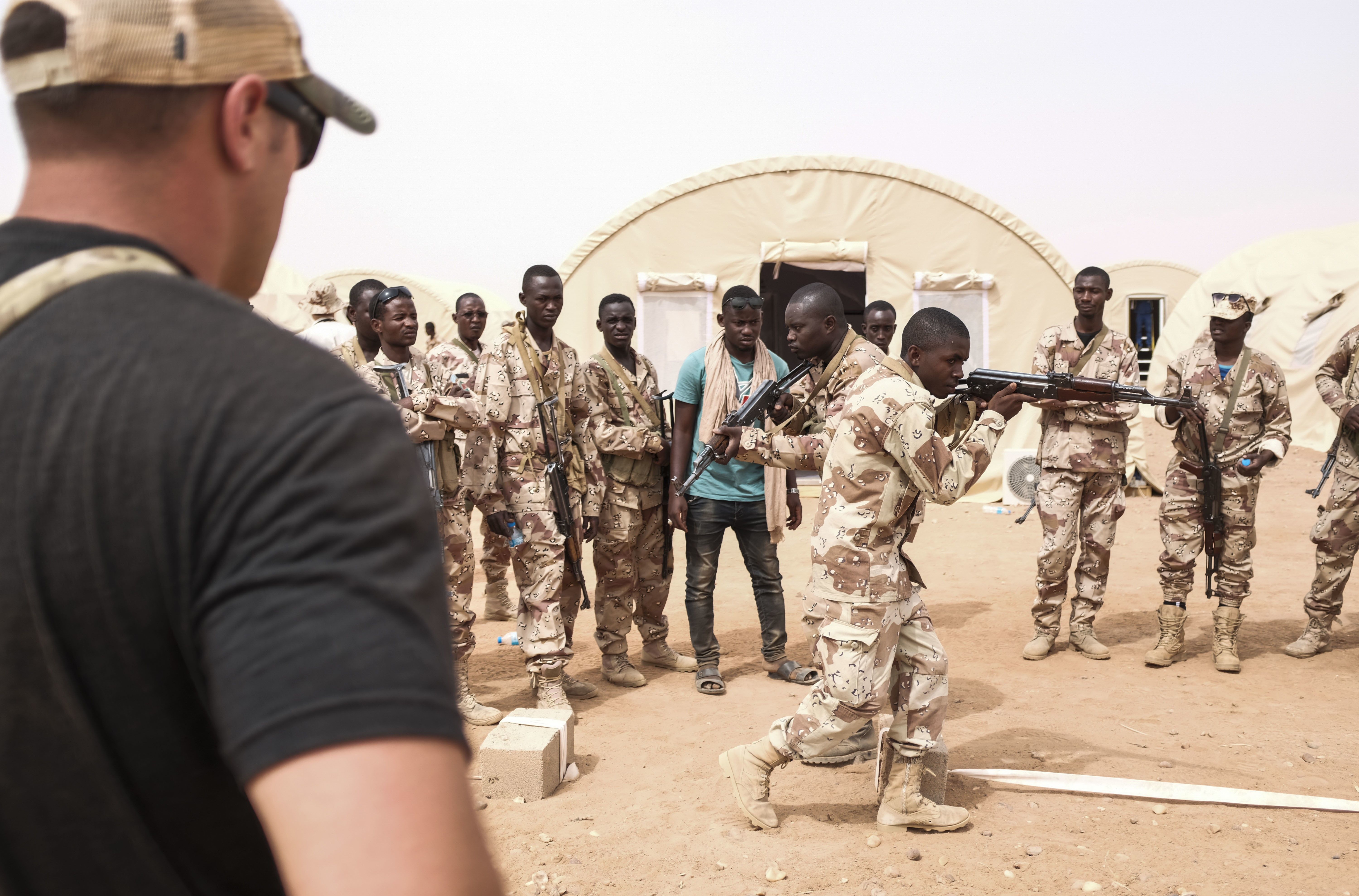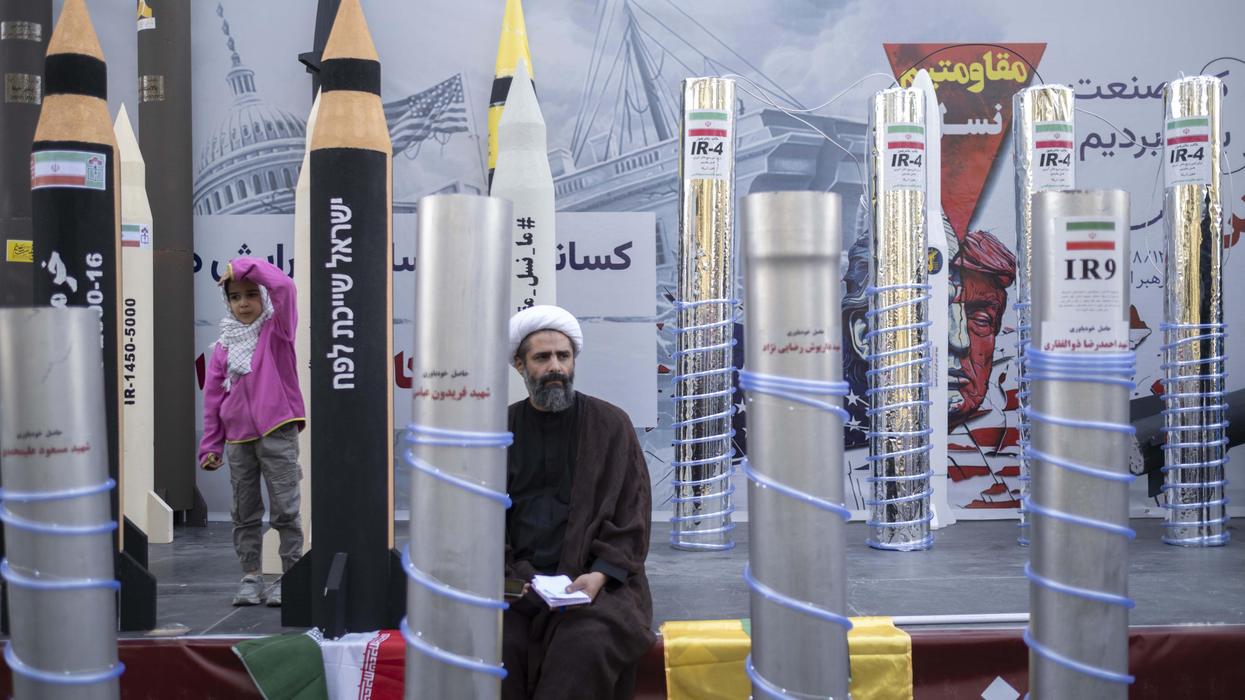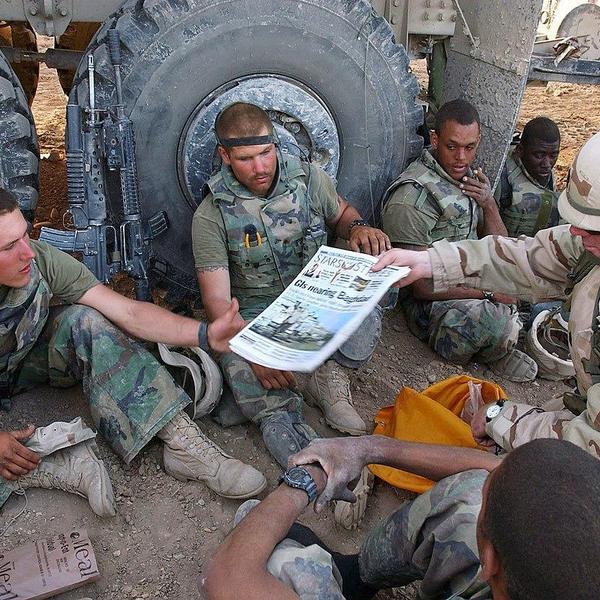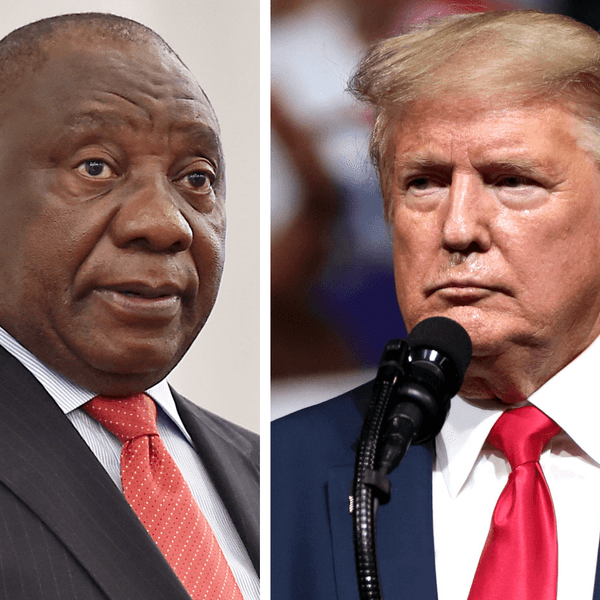Deaths from terrorism in Africa have skyrocketed more than 100,000 percent during the U.S. war on terror according to a new study by Africa Center for Strategic Studies, a Pentagon research institution. These findings contradict claims by U.S. Africa Command (AFRICOM) that it is thwarting terrorist threats on the continent and promoting security and stability.
Throughout all of Africa, the State Department counted a total of just nine terrorist attacks in 2002 and 2003, resulting in a combined 23 casualties. At that time, the U.S. was just beginning a decades-long effort to provide billions of dollars in security assistance, train many thousands of African military personnel, set up dozens of outposts, dispatch its own commandos on a wide range of missions, create proxy forces, launch drone strikes, and even engage in ground combat with militants in Africa.
Most Americans, including members of Congress, are unaware of the extent of these operations — or how little they have done to protect African lives.
Last year, fatalities from militant Islamist violence in Africa rose by 20 percent — from 19,412 in 2022 to 23,322 — reaching “a record level of lethal violence,” according to the Africa Center. This represents almost a doubling in deaths since 2021 and a 101,300 percent jump since 2002-2003.
For decades, U.S. counter-terrorism efforts in Africa have been centered on two main fronts: Somalia and the West African Sahel. Each saw significant spikes in terrorism last year.
U.S. Special Operations forces were first dispatched to Somalia in 2002, followed by military aid, advisers, and private contractors. More than 20 years later, U.S. troops are still conducting counterterrorism operations there, primarily against the Islamist militant group al-Shabaab. To this end, Washington has provided billions of dollars in counterterrorism assistance, according to a 2023 report by the Costs of War Project at Brown University. Americans have also conducted more than 280 air strikes and commando raids there and created numerous proxy forces to conduct low-profile military operations.
Somalia saw, according to the Africa Center, “a 22-percent increase in fatalities in 2023 — reaching a record high of 7,643 deaths.” This represents a tripling of fatalities since 2020.
The findings are even more damning for the Sahel. In 2002 and 2003, the State Department counted a total of just nine terrorist attacks in Africa. Today, the nations of the West African Sahel are plagued by terrorist groups that have grown, evolved, splintered, and reconstituted themselves. Under the black banners of jihadist militancy, men on motorcycles — wearing sunglasses and turbans and armed with AK-47s — rumble into villages to impose their harsh brand of Sharia law and terrorize, assault, and kill civilians. Relentless attacks by these jihadis have destabilized Burkina Faso, Mali, and Niger.
“Fatalities in the Sahel represent a near threefold increase from the levels seen in 2020,” according to the Africa Center report. “Fatalities in the Sahel amounted to 50 percent of all militant Islamist-linked fatalities reported on the continent in 2023.”
At least 15 officers who benefited from U.S. security assistance have been involved in 12 coups in West Africa and the greater Sahel during the war on terror. The list includes officers from Burkina Faso (2014, 2015, and twice in 2022); Chad (2021); Gambia (2014); Guinea (2021); Mali (2012, 2020, and 2021); Mauritania (2008); and Niger (2023). At least five leaders of the Nigerien junta, for example, received American assistance, according to a U.S. official. They, in turn, appointed five U.S.-trained members of the Nigerien security forces to serve as that country’s governors.
Such military coups have undermined American aims of providing stability and security to Africans, yet the United States has been hesitant to cut ties with these rogue regimes. Despite the Nigerien coup, for example, the United States continues to garrison troops at, and conduct missions from, its large drone base there.
Juntas have also amped up atrocities. Take Colonel Assimi Goïta, who worked with U.S. Special Operations forces, participated in U.S. training exercises, and attended the Joint Special Operations University in Florida before overthrowing Mali’s government in 2020. Goïta then took the job of vice president in a transitional government officially charged with returning the country to civilian rule, only to seize power again in 2021.
That same year, Goita’s junta reportedly authorized the deployment of Russia-linked Wagner mercenary forces to fight Islamist militants after close to two decades of failed Western-backed counterterrorism efforts. Wagner — a paramilitary group founded by the late Yevgeny Prigozhin, a former hot-dog vendor turned warlord — went on to be implicated in hundreds of human rights abuses alongside the longtime U.S.-backed Malian military, including a 2022 massacre that killed 500 civilians.
U.S. law generally restricts countries from receiving military aid following military coups, but the U.S. has continued to provide assistance to Sahelian juntas. While Goïta’s 2020 and 2021 coups triggered prohibitions on some forms of U.S. security assistance, American tax dollars have continued to fund his forces. According to the State Department, the U.S. provided more than $16 million in security aid to Mali in 2020 and almost $5 million in 2021. As of July 2023, the department’s Bureau of Counterterrorism was waiting on congressional approval to transfer an additional $2 million to Mali. (The State Department did not reply to Responsible Statecraft’s request for an update on the status of that funding.)
Similarly, Burkina Faso’s military killed scores of civilians in drone strikes last year, according to a recent report released by Human Rights Watch. The attacks, targeting Islamist militants in crowded marketplaces and at a funeral, left at least 60 civilians dead and dozens more injured.
For more than a decade, the U.S. poured tens of millions of dollars into security aid to Burkina Faso. U.S. Africa Command or AFRICOM is, according to spokesperson Kelly Cahalan, “not currently providing assistance to Burkina Faso.” But she did not respond to questions clarifying what, exactly, that means.
Last year, in fact, AFRICOM commander Gen. Michael Langley admitted that the U.S. has continued to provide military training to Burkinabè forces. Those troops, for example, took part in Flintlock 2023, an annual training exercise sponsored by U.S. Special Operations Command Africa. Still, Burkina Faso suffered 67 percent of the militant Islamist-related fatalities in the Sahel (7,762) in 2023, according to the Africa Center.
U.S. Africa Command touts that it “counters transnational threats and malign actors” and promotes “regional security, stability and prosperity” helping its African partners to ensure the “security and safety” of their people. The fact that civilian deaths from militant Islamist violence have reached record levels, according to the Africa Center, and spiked 101,300 percent during the war on terror demonstrates the opposite.
AFRICOM directed queries on the findings of the Africa Center’s new report to the Office of the Secretary of Defense. The Pentagon did not respond to the questions prior to publication.
- Symposium: Have US military programs made African countries less safe? ›
- The failure of counterterrorism in Africa is revealed ›
- We need community engagement, not US troops, to combat terrorism in West Africa and the Sahel ›
- The US knows the War on Terror is a big fat failure in Africa ›
- Time to terminate US counter-terrorism programs in Africa | Responsible Statecraft ›
- 23 years of endless wars is enough | Responsible Statecraft ›
















